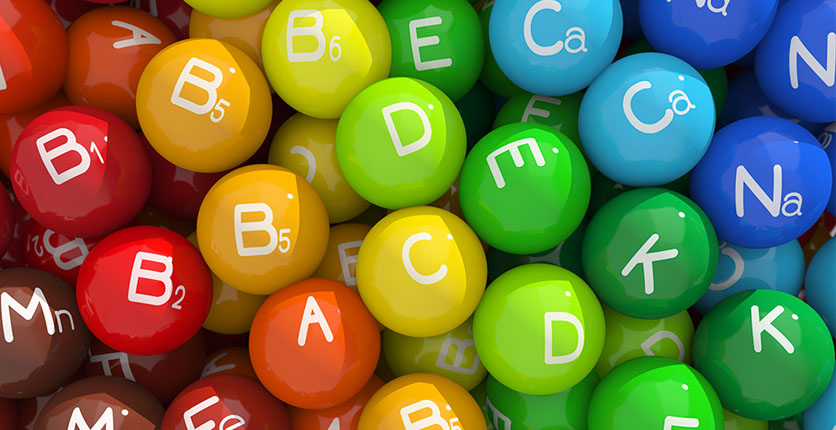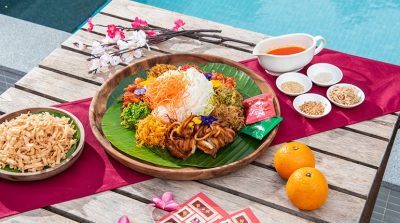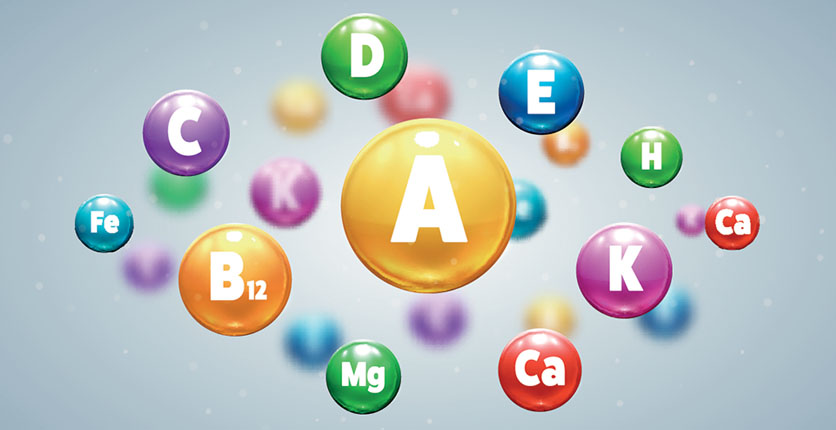Clued in on the basics behind the science of eating your vitamins and about the A, C, D, E and K vits? If you haven’t, we suggest you start by clicking here, and once you’re done, move on to this here, Part 2. It’s all about what the business of Bs: what they do, where to find them and what happens if you don’t.
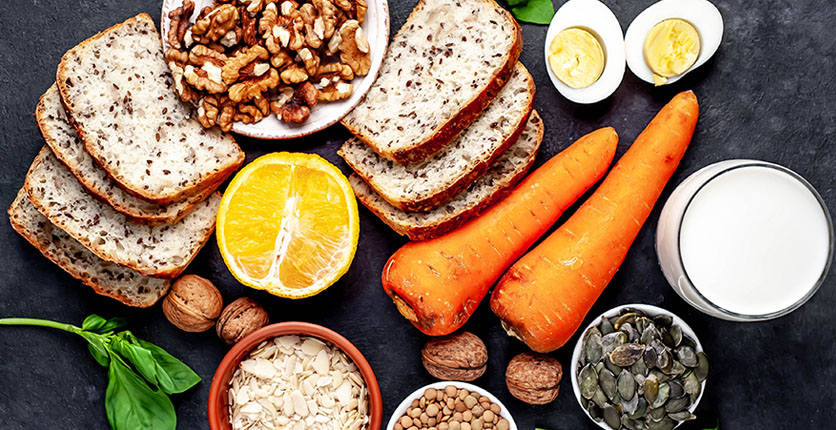
Vitamin B1
(also known as thiamine)
The first of the B group of vitamins is essential in the production of enzymes that break down blood sugar, helping cells to convert food into energy, and enabling your nerves, muscles and heart to work like they should. Find it in cereal grains, sunflower seeds, yeast, asparagus, cauliflower, oranges, liver and pork. Don’t find enough of it and you might end up contracting beriberi, a disease that affects the heart, circulatory system, nerves and muscles.
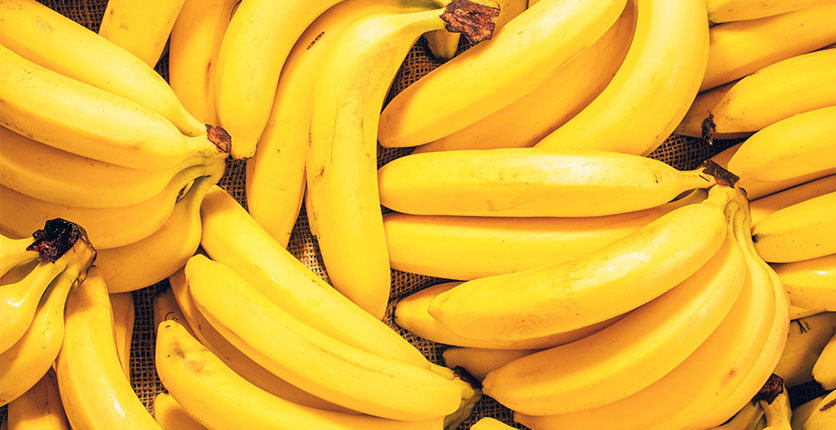
Vitamin B2
(also known as riboflavin)
No. 2 of the Bs is for body cell development and growth, and converting all those carbs you inhale into fuel for your bod. Skip the refined carbohydrates for bananas, cottage cheese, green beans, yoghurt, fish and asparagus for this vitamin. You will need it for Valentine’s Day (and everyday) because a lack of it might lead to fissures in the mouth and inflammation of the lips.
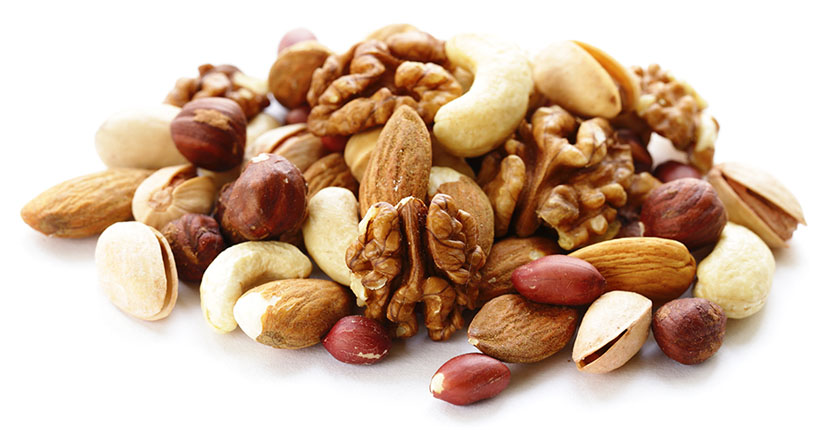
Vitamin B3
(also known as niacin or niacinamide)
Lucky number 3’s important for cell growth and function, and can help in lowering cholesterol and ease arthritis. Sources for this vitamin include tofu, broccoli, tomatoes, beef, tuna, carrots, salmon, nuts and seeds. A deficiency of this could result in pellagra, a condition that causes fatigue, headaches, tummy upsets and diarrhoea, as well as skin inflammations (think scaly pigmented rashes – eew).
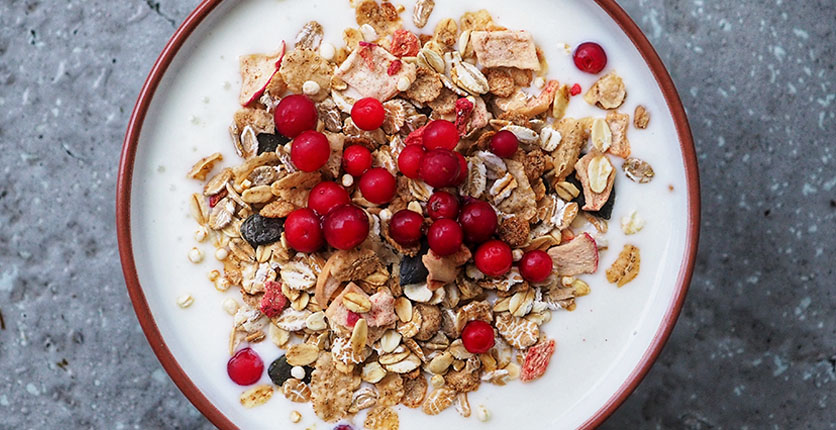
Vitamin B5
(also known as pantothenic acid)
Like the rest of the vitamin B fam, this helps convert food into energy by breaking down fats and carbohydrates, create sex and stress-related hormones, and to promote a healthy digestive tract, skin, eyes, hair and liver. Fill your grocery basket with broccoli, avocados, cabbages, mushrooms, lobster, shellfish, yoghurt and whole grains to get your dose. Skimp on these vitamin B5-rich foods and you just might feel a generalised malaise (symptoms of illness, discomfort or fatigue with no identifiable cause) including the common “pins and needles” (or paresthesia) feeling in your body.
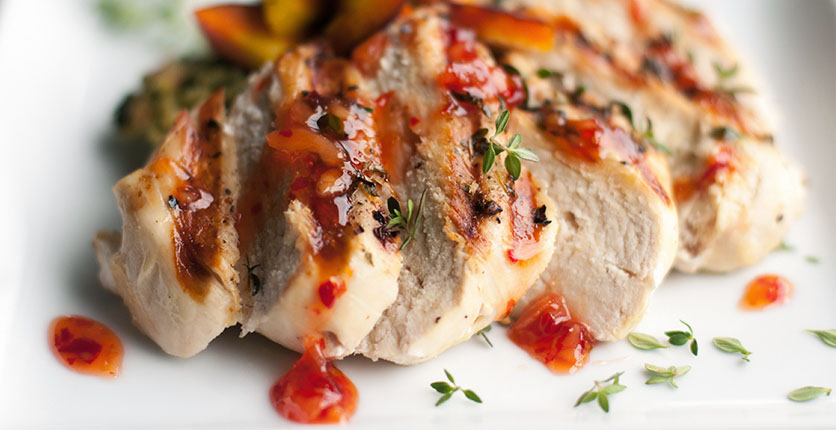
Vitamin B6
(also known as pyridoxine, pyridoxamine or pyridoxal)
Formation of neurotransmitters and red blood cells, and the metabolisation of fat, carbohydrate and protein; these are what this vitamin is good for. It’s also said to help with improving mood, promoting brain health, and treating anemia and symptoms of premenstrual syndrome (PMS), so it’s beneficial to stock up on chickpeas, squash, bananas, wheatgerm, lean chicken breasts and pork chops and pistachio nuts. Go low on your intake, and you could experience anemia and suffer damage to the nerves outside of your central nervous system, leading to weakness or pain in your hands and feet.
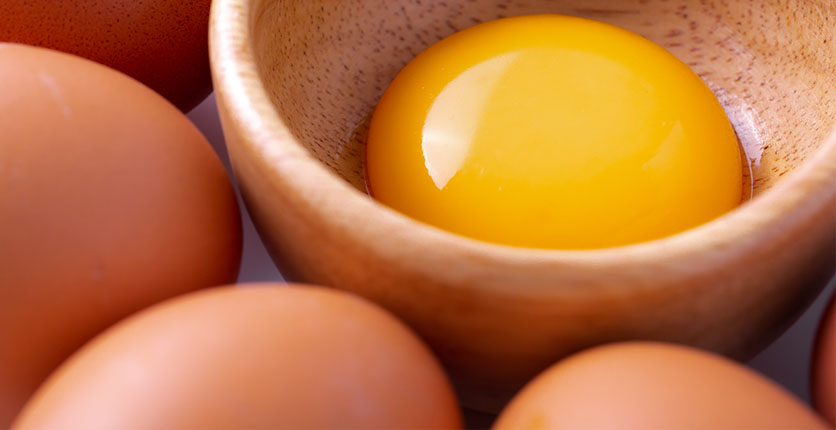
Vitamin B7
(also known as biotin)
Aside from the usual functions associated with the B vitamins, it’s also regarded as useful for building keratin, the protein in skin, hair and nails – great for looking good then. Include these in your beauty (and health) regime: egg yolk, legumes, spinach, cheese and liver. Be lazy and things will get ugly inside and out, as you may experience skin dermatitis and intestinal inflammation.
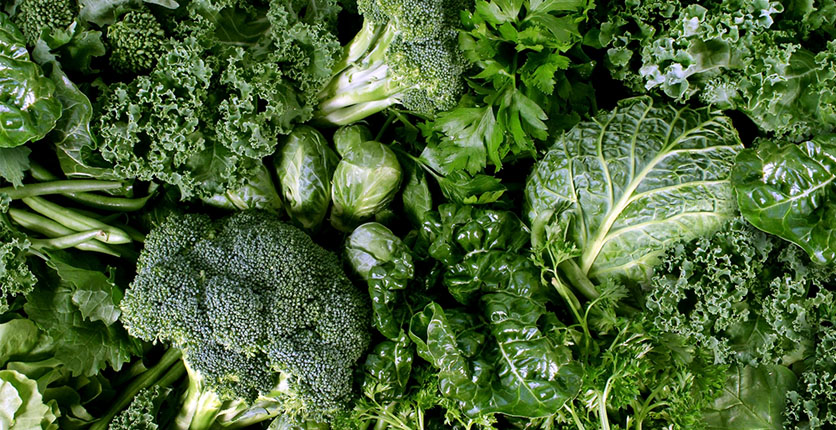
Vitamin B9
(also known as folic acid or folinic acid)
This water-soluble vit helps in making DNA and RNA, and plays in a key role in breaking down homocysteine (a harmful amino acid if present in high amounts in the body), protein metabolism and production of healthy red blood cells. Parents expecting a new baby should take note: A lack of folic acid can affect fetal development, especially the nervous system. So pregnant mothers, be a good Mummy and fortify yourself with dark green leafy vegetables, peanuts, beans, fortified grain products, liver and sunflower seeds.
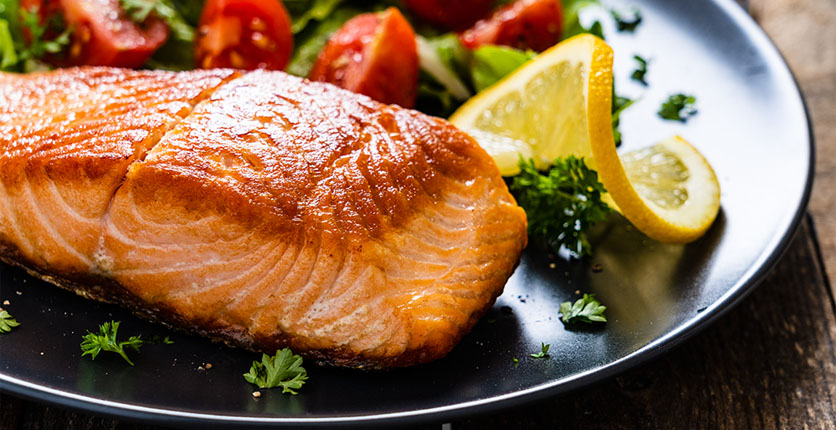
Vitamin B12
(also known as cyanocobalamin, hydroxocobalamin or methylcobalamin)
Similar to vitamin B9, the last (but not least) in the B family also supports the formation of red blood cells, DNA synthesis and the normal functioning of a healthy nervous system. Studies have also show it can nourish the brain, improve memory, boost energy and possibly, even assist in preventing heart disease. On the other hand, being short of it could result in anemia, fatigue, low mood, and even neurological problems. While it is mainly found in animal products such as eggs, milk, clams, sardines, salmon, tuna, beef, liver and kidneys, vegans can still get their share from fortified cereals, fortified soy or non-dairy products such as plant-derived milks and fortified nutritional yeast.
Read Know Your Vitamin ABCs (Part 1) here.
Featured image: Shutterstock
